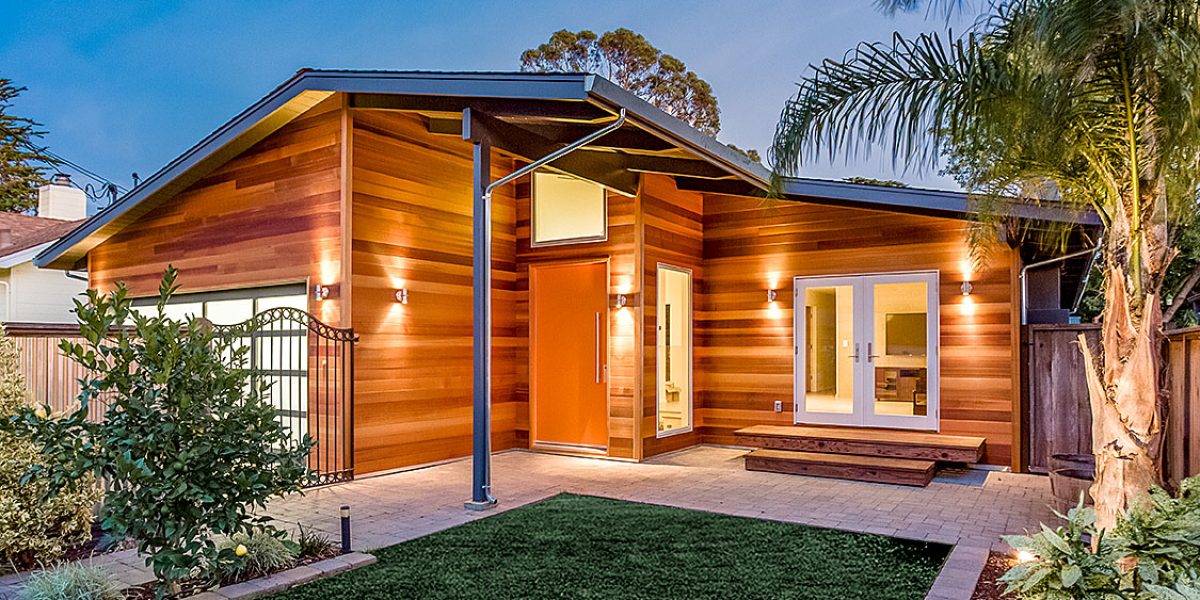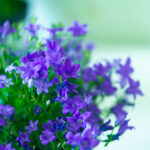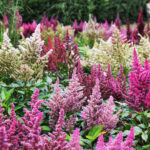With drought season lasting longer and becoming more severe, many homeowners are considering alternatives to their high-water usage lawns. For some, the suggestion of removing all of it might seem a bit extreme. If you find yourself in that camp, there is room for compromise that will allow you to have a nice green lawn while still being conscience of your water consumption.
Reduce to conserve
Consider the square footage you are currently watering. Could you reduce the size of your green space? Replace portions of your lawn with a flower bed comprised of drought tolerant and native plants. Native plants are accustomed to your region and will thrive in less-than-ideal conditions once established. You could also install hardscaping with decorative rocks, walls, pathways, or dry stream beds.
Adding pathways Capture the water savings
Study up on ways to capture and use stored stormwater by implementing rain barrels, rock gardens or rain gardens. Every little bit helps.
How to make a rain barrel Adjust the way you water
Fine-tuning your irrigation system by adjusting watering times and time of day can help your lawn and landscaping absorb more water. Switching out sprinklers with more site-specific watering, like drip systems may help reduce water usage.
Is the lawn getting enough water Swap out your grass variety
Another consideration would be to replace the current grass with a variety that is more suited for the area. A well-known variety is Bermuda grass, valued for its ease of growth and low water needs. It's a cold tolerant, warm season grass that will remain green in the right location. A word to the wise on this variety, it is a commitment. Once you start growing Bermuda grass, you will have a difficult time removing it. There are newer, improved varieties of Bermuda grass that use anywhere from 35-50% less water than more dependent selections like Fescue. Bermuda can withstand water restrictions. It has been found to be able to survive for up to eight weeks without watering.
Caring for Bermuda grass Finding solutions to reduce water consumption will help improve conditions for the future. It will make the land more adaptable to fluctuating temperatures and limited water resources. You may also find that a more sustainable, native landscape attracts and benefits local wildlife. If all those reasons are not enough to convince you, a lower water bill might!











